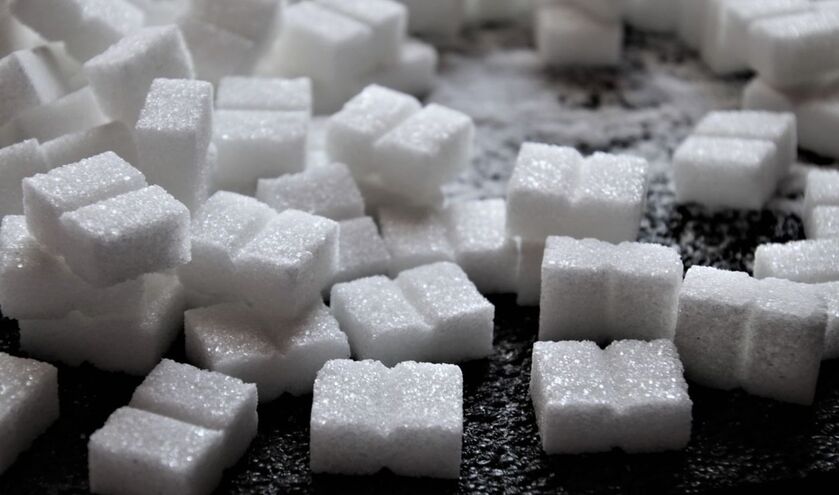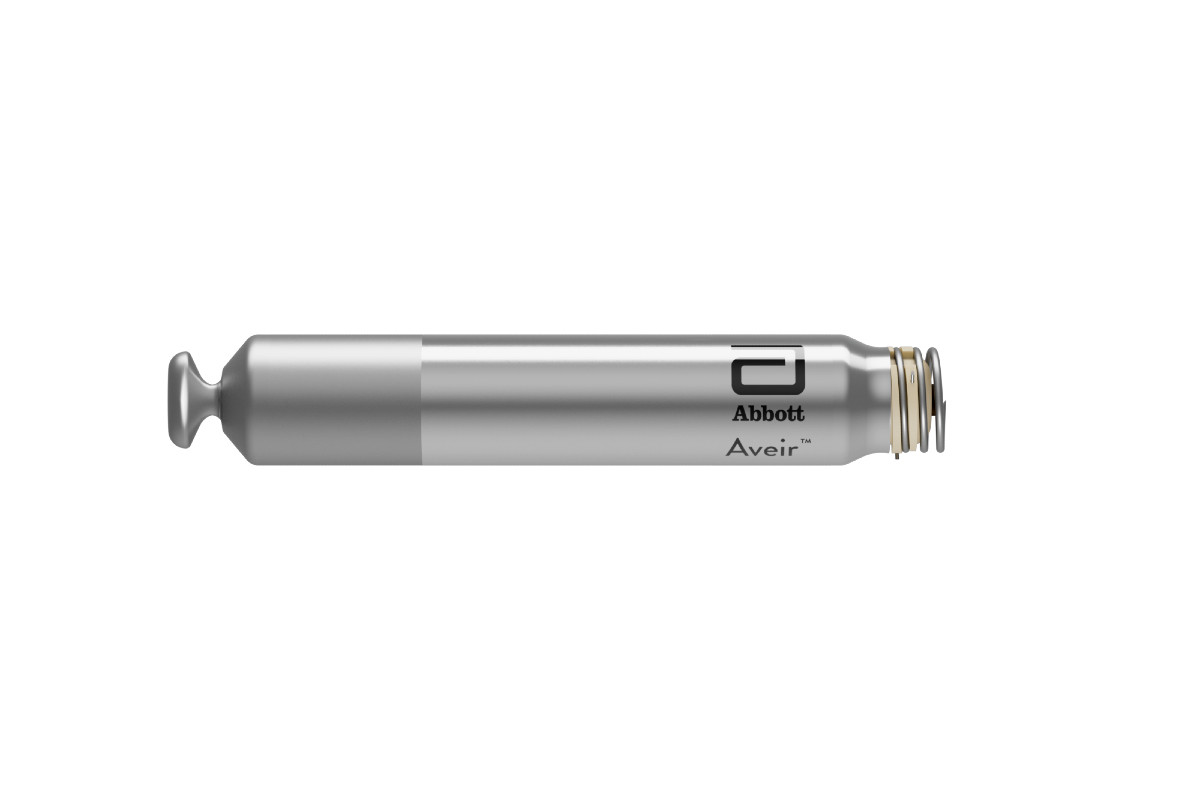The threshold is being lowered from 5g to 4.5g of sugar per 100ml. This means more high-sugar drinks will fall under the levy unless manufacturers reduce sugar, with businesses given until 1 January 2028 to reduce sugar in their drinks.
Changes will apply the charge to pre-packaged milk-based and milk-alternative drinks with added sugar, like supermarket milkshakes, flavoured milks, sweetened yoghurt drinks, chocolate milk drinks, and ready-to-drink coffees. Plain, unsweetened milk and milk-alternative drinks are not and will not be included.
Health and social care secretary, Wes Streeting, said: ‘The levy has already shown that when industry cuts sugar levels, children's health improves. So, we're going further.
‘A healthier nation will mean less pressure on our NHS, a healthier economy, and a happier society. It's a simple change that is part of this government's mission to give every child a healthy start to life.'
The changes follow a government consultation from April to July 2025.
Between 2015 and 2024, the levy has cut sugar levels in affected products by almost half. These interventions have led to substantial reductions in hospital admissions for children requiring caries-related tooth extractions, with decreases of over 28% among 0–4 year olds and more than 5% among 5-9-year-olds.
The new plans are expected to reduce daily calorie intake by around 4 million in children and 13 million in adults across England. This could prevent almost 14,000 cases of adult obesity and nearly 1,000 cases of childhood obesity.
It is expected to also deliver almost £1bn in health and economic benefits, including by saving the NHS £36m, reduce social care pressures by £30m, and contributing around £221m in economic output through improved workforce participation.
England's chief medical officer, Professor Sir Chris Whitty, said: ‘Creating an environment where children are encouraged to have drinks which contribute to increased levels of obesity can harm their health for the rest of their lives.
‘The existing Soft Drinks Industry Levy has already substantially reduced the amount of sugar in shop-bought products, helping slow the increase in childhood obesity and bring down hospital admissions for tooth extractions among young children.'
Further reaction
Jason Strelitz, assistant director (prevention) at the Health Foundation, said: 'Alongside the tax raising benefits, the bigger benefit of these measures is as an incentive for industry to reformulate. However, it is only a small step forward. To make a meaningful impact, we need a far more ambitious strategy, one that improves the overall quality of food, lowers the cost of a healthy diet, and acknowledges the wider societal costs of unhealthy eating.
‘The public supports tougher action. Our polling shows that 62% of the public support (and 18% oppose) introducing a tax on organisations that produce foods high in sugar or salt, with some of the revenue being used to fund fresh fruit and vegetables for low-income families.'
Katharine Jenner, executive director at Obesity Health Alliance, said: ‘Ending the exemption for sugary milkshakes and bringing more sugary soft drinks into the levy is a sensible and long-overdue step to protect children's health - especially their teeth. The Soft Drinks Industry Levy has already removed billions of teaspoons of sugar from the nation's diet without harming industry growth, proving that clear, consistent rules are effective.
‘We now urge the Government to press on with implementing the rest of its NHS 10-year plan for health – helping to rebuild a food environment that supports children's health rather than undermines it.'
Eddie Crouch, chair at British Dental Association, said: ‘The success of this policy won't be about filling the black hole in the public finances; it will be whether industry will reformulate. Voluntary action here has achieved nothing. But since it rolled out in 2018, the sugar levy has led industry to remove tens of thousands of tonnes of sugar from soft drinks.
'Tooth decay is the number one reason for hospital admissions among young children. This is precisely the time for government to go further and faster with tried and tested policies.
Helen Kirrane, Head of Policy and Campaigns at Diabetes UK, said: 'The Soft Drinks Industry Levy has already substantially reduced the sugar in soft drinks, lowering the amount of sugar consumed by children. Expanding it to include milk-based and milk-alternative drinks, which can contain large amounts of hidden sugar, is a welcome step forward.
‘We know that, for many people, it can be overwhelming to navigate such a wide range of products, and it's not always clear what is good for us. This change will help ensure the healthier choice is the easier choice.'



